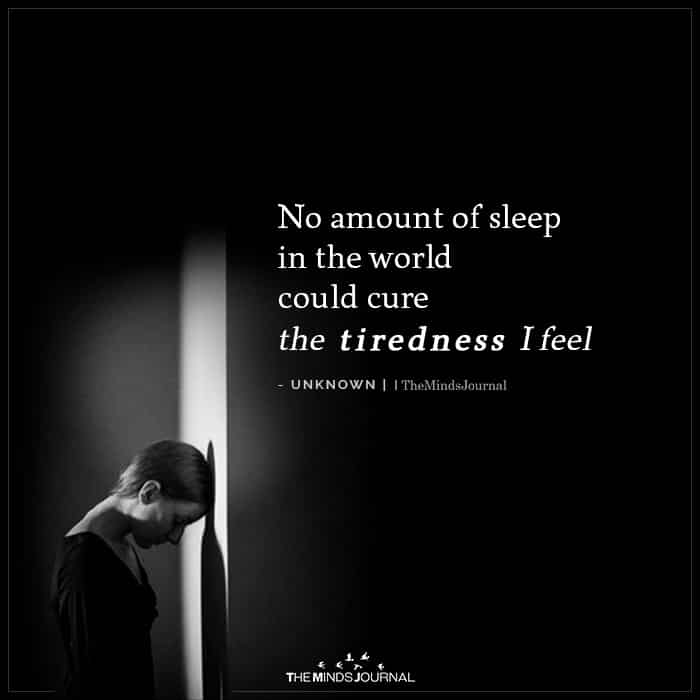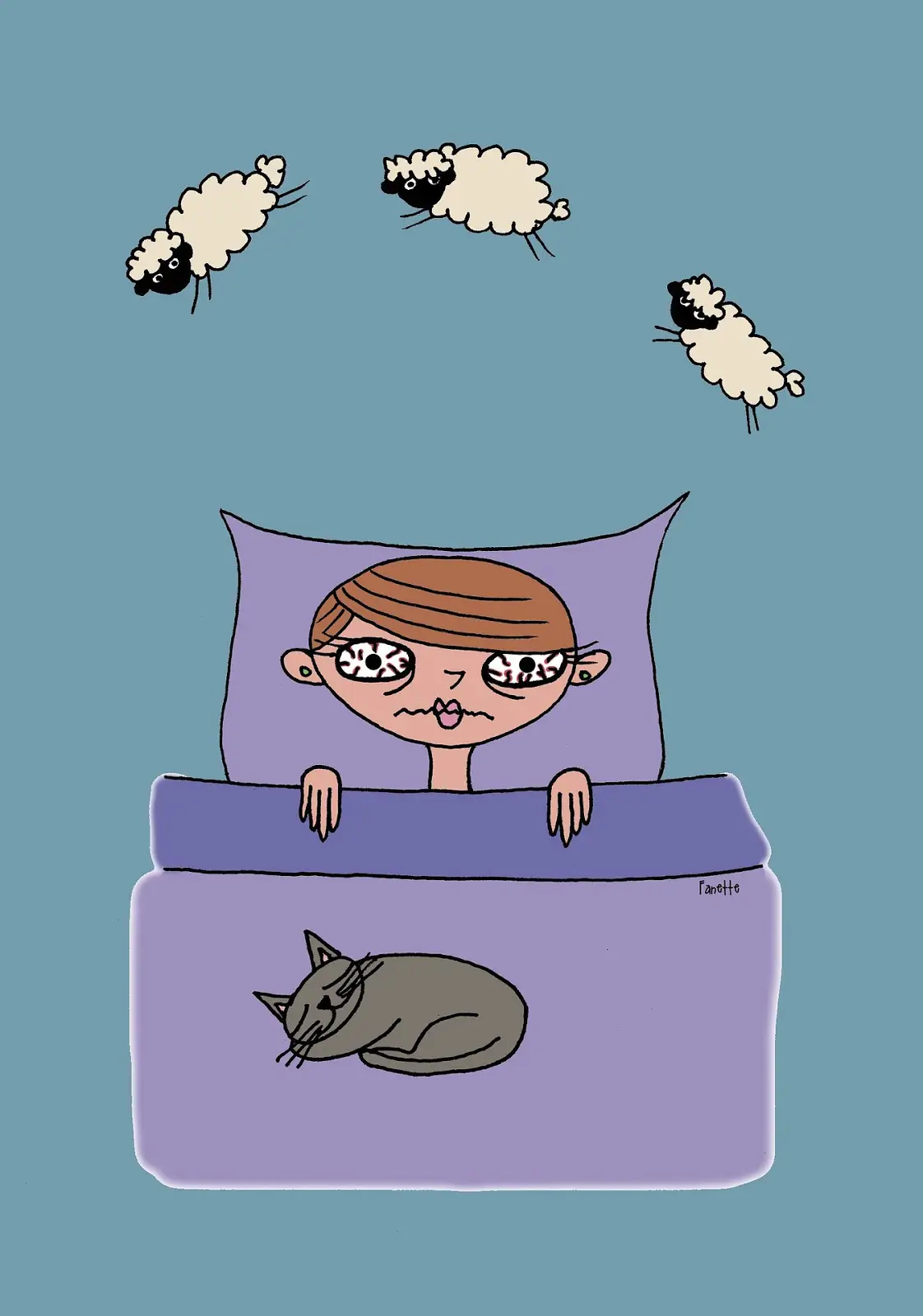There’s a long list of reasons why people have trouble sleeping. They could be physical, medical, psychiatric, and environmental issues. Whatever it may be, insomnia is a serious issue and in the long term may lead to heart diseases and other ailments.
A doctor may prescribe sleeping pills, but a lot of us are aware of the potential side effects when we depend too much on them. Researchers have been studying natural and safer alternatives, and CBD oil may be what you have been looking for all along.
To learn more, this guide provides a comprehensive explanation of what you need to know about CBD oil.
Image by Stephanie Ghesquier from Pixabay
CBD
Cannabidiol, or CBD, is one of the 80 cannabinoids derived from the Cannabis sativa plant. That’s right, the same plant people associate with weed. However, unlike another cannabinoid from the plant called tetrahydrocannabinol (THC), CBD isn’t psychoactive and won’t alter brain function. This means that you won’t get high from using CBD. Generally, CBD that contains less than 0.3% THC is legal in the United States.
Studies on CBD and Sleeping trouble
Research is still in its infancy, but a recent study published in 2019 found that for patients who were experiencing anxiety and/or sleep issues, CBD oil usage was able to reduce anxiety scores of 79.2% of the patients and improve sleep in 66.7% of patients. This study was done with a small number of individuals, and more studies are needed to support this. However, seeing how sleep issues are associated with half of the adults facing anxiety, this looks like a promising solution.
Another study relating CBD with reduced anxiety and improved sleep quality was with a 10-year-old girl diagnosed with posttraumatic stress disorder. After 5 months of being administered 25mg of CBD before bed and 6mg to 12mg of sublingual CBD spray for anxiety, she was able to sleep in her own room for most nights and did not face difficulties in school which she previously had prior to the CBD treatment.
How CBD May Influence Sleep
Our body has a biochemical communication system called the endocannabinoid system which signals the body to regulate important processes such as pain sensation, immune function, and sleep.
For the past two decades, research has shown that our bodies produce our own cannabinoids that act as chemical messengers. If this system’s function were to decrease, it will affect a person’s ability to sleep and cause sleeping trouble. It has been found that using cannabis-based products have the same effects as when our body produces our own cannabinoids.
Another factor in how CBD may influence sleep is the terpenes naturally found in plants. Terpenes are a large class of organic compounds responsible for giving plants their citrus-like smell. Myrcene is one of the terpenes found in certain strains of cannabis plants that have shown to promote sleep and reduce anxiety.
Conclusion
CBD seems to be a promising solution for the world’s worsening anxiety and sleep-related issues. However, even the cited studies agree that more research needs to be done to verify it’s effectiveness. Always consult a certified medical professional to see if you are fit to give it a try.








Leave a Reply